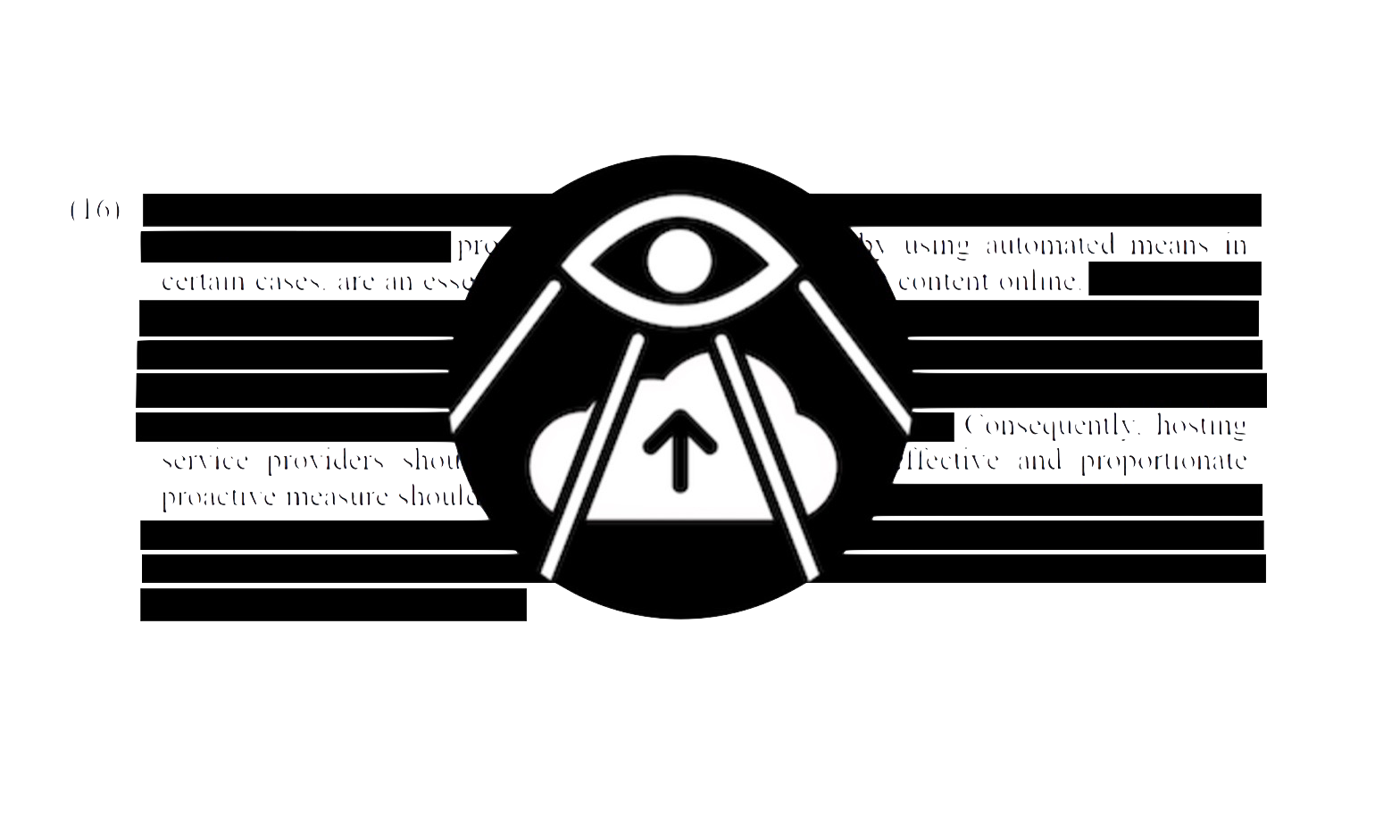German non-paper regarding Article 13 of the Directive
Teresa Nobre, Communia, writes about the German Council delegation and a proposed “non-paper” with which it tries to mitigate the negative effects of Article 13 of the Directive on Copyright in the Digital Single Market.
The propositions are the following:
– exemption for platforms with an annual turnover of up to 20 million euros;
– exceptions of liability of platforms in certain situations (if for instance they made their best efforts to obtain an authorization from the rightsholders);
– introduction a mandatory user-generated content exception to copyright, subject to the payment of a fair remuneration to the rightsholders.
Even though the things are moving in the right direction, the introduction of a new remuneration scheme is problematic. Why would users have to pay for uploading and making available content that they have produced themselves, where it includes, in whole or in part, existing protected works and subject matter for non-commercial purposes and for purposes such as parody, caricature or criticism? This seems like a tax on freedom on creation and freedom on expression. Isn’t that already allowed under the copyright legislation?
The Grand Board of the European Union Intellectual Property Office (EUIPO) finally ruled that the figurative sign ‘COVIDIOT’ cannot be registered as an EU trademark.
The 4th Open Knowledge Day took place on Tuesday 17 October 2023, with an accompanying workshop on 18 October 2023. This year it was organised by the Open Data and Intellectual Property Institute (ODIPI) and supported by Knowledge Rights 21 (KR21).
We invite you to the fourth Open Knowledge Day and the workshop, which will take place this year within the framework of the programme and with the support of Knowledge Rights 21. The event will bring together experts from different European countries to discuss two topics: the first part will deal with the legal basis for data analytics, which is a key part of machine learning and related artificial intelligence, and the general exception for research. In the second part, open science in theory and practice will be presented both in Slovenia and in some Western Balkan countries. Representatives of research and educational institutions from Slovenia and the Western Balkan countries, as well as interested members of the public, are invited to attend.
Dr. Maja Bogataj Jančič, a renowned expert in copyright law, has joined the Berkman Klein Center for Internet & Society at Harvard University, where she will serve as an affiliate researcher for the next two years.





